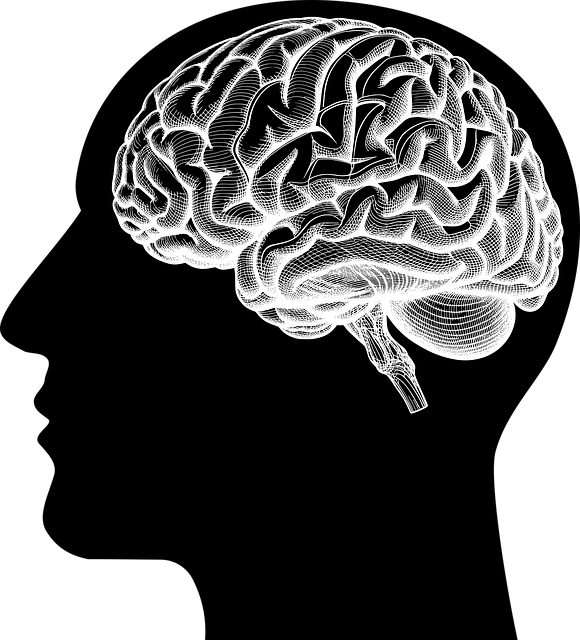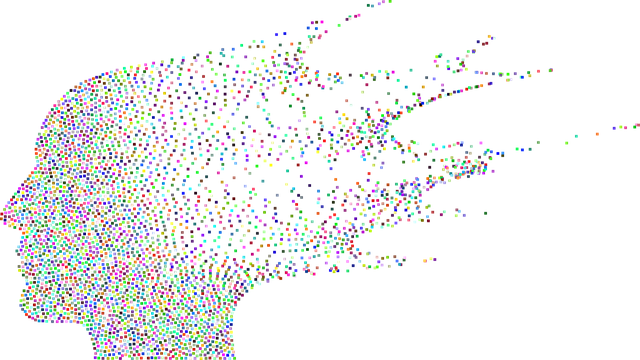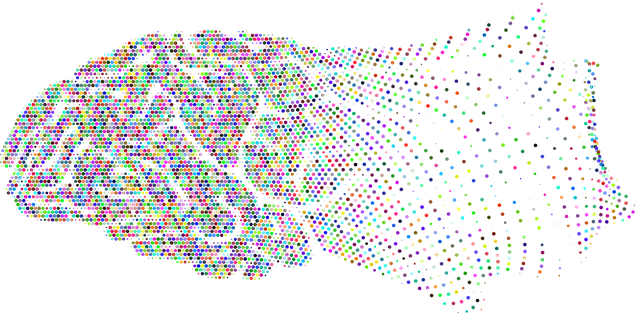Northglenn's community outreach programs are revolutionizing mental health support by tackling barriers to care, especially for individuals with phobias. Through tailored services like educational workshops, peer groups, and awareness campaigns, these initiatives destigmatize mental illness. Northglenn Phobias Therapy, a local initiative, offers trauma support and stress reduction methods using evidence-based practices, enhancing residents' mental wellness. Success hinges on collaboration, strategic planning, and continuous evaluation, ensuring long-term positive outcomes. By engaging communities through accessible resources like journaling exercises, workshops, and podcasts, Northglenn Phobias Therapy builds trust and reaches those in need. Evaluating impact through surveys, interviews, focus groups, attendance rates, and behavioral changes is crucial for continuous improvement.
Community outreach programs play a vital role in enhancing mental health support, especially in addressing specific issues like phobias. This article delves into the impact and implementation of such initiatives, highlighting successful cases like Northglenn Phobias Therapy. We explore strategies for developing effective programs, engaging communities, and overcoming barriers to build trust. Additionally, it measures the outcomes of outreach efforts, providing insights on how these programs can be optimized for better mental health care.
- Understanding Community Outreach: Its Role in Mental Health Support
- Northglenn Phobias Therapy: A Local Initiative
- Developing an Effective Program: Strategies for Success
- Engaging the Community: Overcoming Barriers and Building Trust
- Measuring Impact: Evaluating the Outcomes of Outreach Programs
Understanding Community Outreach: Its Role in Mental Health Support

Community outreach programs play a pivotal role in addressing mental health concerns, especially in urban areas like Northglenn. These initiatives are designed to bring essential services directly to communities, targeting individuals who might otherwise face barriers to accessing traditional therapy or healthcare. By implementing tailored programs, organizations can effectively reach populations struggling with various mental health issues, including phobias, and offer much-needed support.
One of the key benefits is the potential to reduce the stigma surrounding mental illness. Through educational workshops, peer support groups, and awareness campaigns, these outreach efforts aim to foster an environment where individuals feel comfortable seeking help without fear of judgment. Additionally, they can facilitate early intervention, which is crucial in managing symptoms and promoting better long-term outcomes for those dealing with stress or other mental health challenges. This community-centric approach complements the work of healthcare providers by improving access and fostering a more inclusive, supportive ecosystem for mental well-being, including phobias therapy in Northglenn.
Northglenn Phobias Therapy: A Local Initiative

In Northglenn, a dedicated team has initiated an innovative program called Northglenn Phobias Therapy to address specific mental health challenges within the community. This local initiative aims to provide trauma support services and stress reduction methods tailored to individuals struggling with various phobias. By offering specialized therapy sessions, the program seeks to enhance the overall mental wellness of residents, ensuring they receive the necessary tools to overcome their fears and lead more fulfilling lives.
Northglenn Phobias Therapy is designed to create a safe and supportive environment, enabling participants to confront and manage their phobias effectively. Through evidence-based practices and personalized care, the initiative promises to make a significant impact on the community’s mental health landscape. By implementing these targeted interventions, Northglenn sets an example of proactive community outreach, demonstrating a commitment to fostering resilience and promoting well-being among its residents.
Developing an Effective Program: Strategies for Success

Developing an effective community outreach program requires a strategic approach tailored to address specific needs and challenges within Northglenn’s diverse population. Incorporating evidence-based practices like Mindfulness Meditation, Empathy Building Strategies, and Compassion Cultivation Practices can significantly enhance the program’s impact. By fostering these skills, residents can build stronger connections, reduce stigma associated with mental health issues, and create a more supportive environment for everyone in the community, including those struggling with phobias.
Successful programs prioritize collaboration between local organizations, mental health professionals, and community members. This collective effort ensures that resources are utilized efficiently, cultural sensitivity is maintained, and programs meet the unique needs of Northglenn’s various demographics. Regular evaluation and adaptation based on feedback and data are crucial to sustaining momentum and achieving long-term positive outcomes.
Engaging the Community: Overcoming Barriers and Building Trust

Engaging communities is a pivotal step in implementing successful outreach programs, especially when addressing sensitive topics like mental health. In Northglenn, overcoming barriers to access and building trust with residents is essential for any initiative aimed at improving phobias therapy. Many individuals may have misgivings about seeking professional help due to stigma or fear of judgment, so creating a welcoming environment is crucial. Community-based programs can start by offering educational sessions that destigmatize mental health issues and highlight the benefits of therapy.
Using accessible resources like Mental Wellness Journaling Exercises and Stress Management Workshop Organizations can encourage participants to take charge of their mental wellness. Additionally, producing a Mental Wellness Podcast Series featuring local experts and individuals with personal stories of overcoming challenges can foster open dialogue and inspire others. By combining these strategies, Northglenn Phobias Therapy can build trust, make services more appealing, and ultimately reach those in need within the community.
Measuring Impact: Evaluating the Outcomes of Outreach Programs

Measuring the impact of community outreach programs is a crucial step in understanding their effectiveness and identifying areas for improvement. Organizations like Northglenn Phobias Therapy can utilize various evaluation methods to assess the outcomes of their initiatives. By implementing surveys, interviews, or focus groups with participants, they can gather valuable insights into the program’s success. This data may reveal improvements in mental health, such as reduced anxiety or depression symptoms, which is a significant metric for outreach programs focusing on phobias and related issues.
Additionally, assessing the reach and engagement of these programs is essential. Tracking attendance rates, participation levels, and the diversity of demographics involved provides a comprehensive view. For instance, Northglenn’s initiatives could be assessed for their ability to attract individuals from different age groups and cultural backgrounds, ensuring inclusivity. Moreover, measuring changes in behavior, such as increased social interaction or improved stress reduction methods through self-reported surveys, can demonstrate the practical impact of community outreach programs on an individual level, enhancing overall well-being.
Community outreach programs, as exemplified by Northglenn Phobias Therapy, play a pivotal role in enhancing mental health support. By engaging the community and overcoming barriers, these initiatives foster trust and significantly impact individuals’ lives. Implementing effective strategies, as detailed in this article, can lead to profound positive outcomes, making them essential tools for any organization aiming to revolutionize local mental health care.














